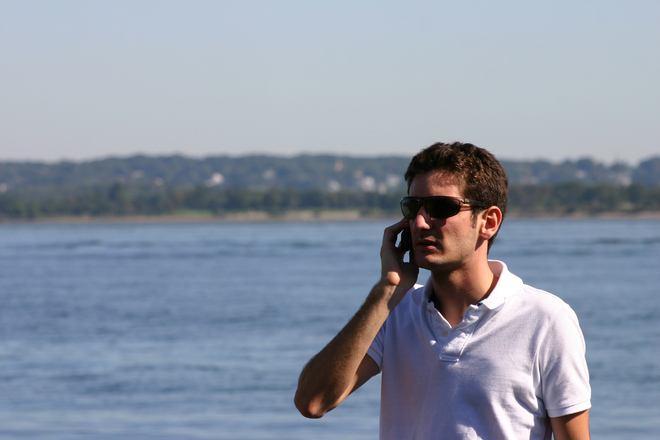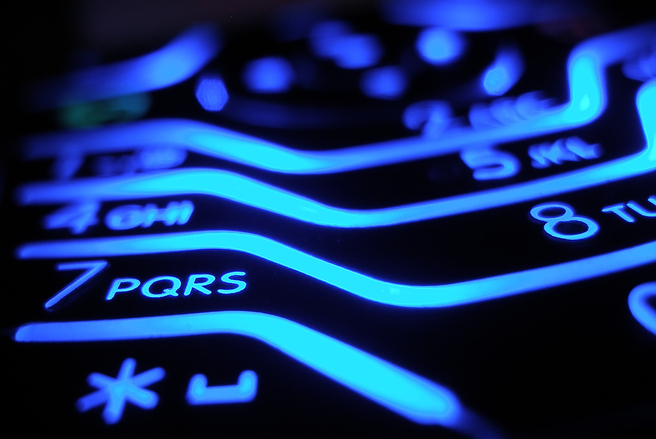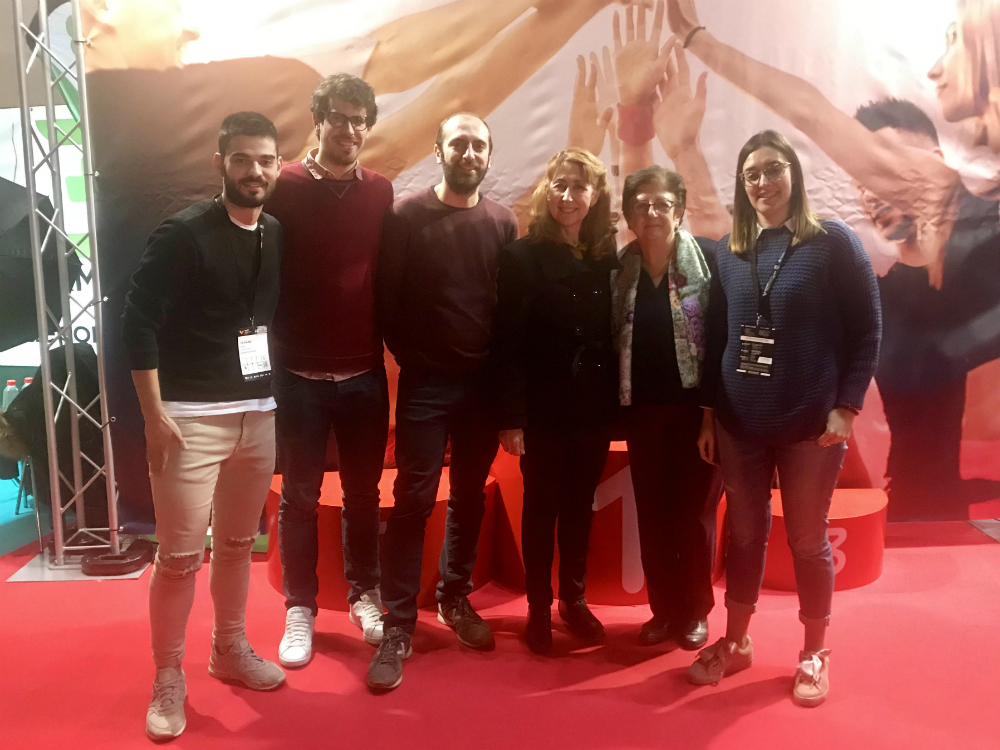
A recent study shows that people who check frequently their mobile phone have more sleeping problems that people who check it less
12 april 2016
A study supported by the National Institute of Health of United States (NIH) and carried out by the School of Medicine of Pittsburgh (Pennsylvania) has shown that people who check the mobile phone very often have more sleeping disorders than people who check it moderately.
The study has been carried out with 1.788 adults between 19 and 32 years old. The volunteers used social networks an average of one hour a day and checked their accounts about thirty times per week: this high use of the mobile phone caused the almost 30% of participants to have sleeping problems. The conclusion of the study is that people who check very often their smartphone have three times more possibilities of suffering sleep disturbance than people who only check it occasionally.
This sleep disturbance is due to the light the devices emit. Volunteers who woke up to check the notifications of their smartphone receive the great impact of light from the device and it is demonstrated how harmful it is light to get to sleep. Another study published by the journal Nature made it clear the implication of light in sleeping disorders.

The continuous exposure to electric light has blurred the limits between night and day. Until the 19th century, our brain had assimilated that it should ‘turn on’ before the light and rest in the dark; this way, the sleeping turns were marked by sunlight and were always the same. From the diffusion of the use of electric light our brain does not notice the difference and nowadays, with the continuous use of technology that emits light, our brain does not sense when it should rest.
This study shows how the smartphone’s light can affect our sleep. The light that the computer and the television emit causes it also. Many studies indicate the need of carrying out the rest in a room with the minimum possible light to let the brain rest. If it perceives light, it does not enter appropriately the sleep stages, since it is alert of any movement or noise because of it does not distinguish between natural light and electric light.
In conclusion, it has been demonstrated that smartphones directly affect our sleeping habits through the light they emit, which does not rest properly.











